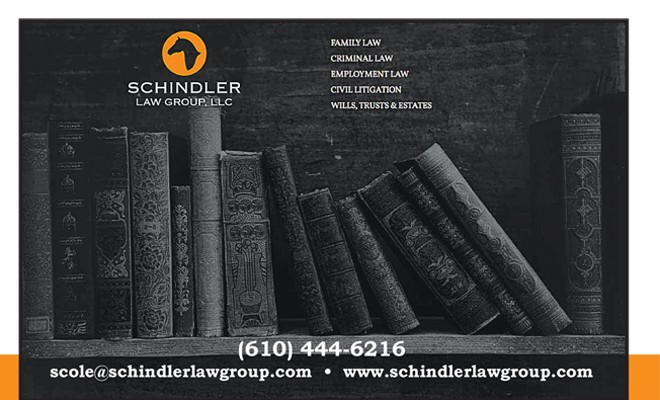Grandparents’ Custody Rights In Pennsylvania

By Samantha E. Cole, Esq.
Grandparents (and great grandparents) play an important, and often unrecognized, role in providing for the happiness and well-being of their grandchildren. Research has shown that a high level of grandparental involvement improves the welfare of children, and children who enjoy a high level of grandparental involvement (especially children from divorced or separated families) have fewer emotional and behavioral problems.
Over the last 50 years, with the growth of dual worker households, grandparents have assumed greater responsibility over child care and rearing, especially for preschool children (i.e. babies and toddlers). Grandparents also help out with older, school-age children by picking them up from school, taking them to and from their various activities and caring for them during summer vacation. Despite the importance of this precious relationship in family life, it is often pushed aside when divorce, support and custody matters arise. Animosity can develop among the warring parents and the respective grandparents which often results in the child being held
back or completely alienated from the grandparents. Whatever the situation,the well-being of the child suffers and legal intervention may be required.
Recognizing the value of this relationship, Pennsylvania’s Child Custody Act grants special status to grandparents/great grandparents. For instance, a grandparent who stands in “loco parentis” (visitation of the child in the presence of one or both parents) to a dependent child can file for partial, supervised or full custody, provided that:
(a) the grandparent’s relationship with the child began either with the parent’s consent or by court order;
(b) the grandparent has assumed or is ready to assume responsibility for the child AND
(c) the child is substantially at risk due to parental abuse, neglect, drug or alcohol abuse, or incapacity; OR
(d) for a period of at least 12 consecutive months (excluding brief, temporary absences) the child has resided with the grandparent.
An award granting full legal and/or physical custody to the grandparents effectively removes parental authority and empowers the grandparents to make binding legal decisions for the child with respect to such things as medical care and education. As a result,
it is harder to obtain and less frequently granted.
In contrast, a partial or supervised visitation or custody award is more common and more limited, as it typically allows grandparents to visit with the child on a periodic basis (with or without the parents in attendance) or to take the child away from the parents for specified times such as weekends, special events or holidays. Grandparents seeking a partial
or supervised custody award must first establish one of the following factors:
(a) the child’s parents are unmarried, divorced, in the process of divorce,
or separated for a period of at least
6 months,
(b) the child’s parent has passed away, or
(c) the child has lived with the grandparents for a period of at least 12 consecutive months (excluding brief, temporary absences) and now has been removed from the home by the parents. In the latter case, a suit must be filed within 6 months of the child being removed from the grandparents’ home.
The grandparents must further submit evidence that (1) visitation with the grandparents would be in the best interest of the child and (2) visitation would not interfere with the parent-child relationship.
As is clear from this brief outline of the law, an award of custody or visitation for grandparents is neither automatic nor guaranteed, even after a determination has been made as to the child’s “best interests.” It is also important to keep in mind that a custody order is never permanent and any person granted standing under the law may file a petition to change or modify a custody order. Only adoption is permanent, and none of the factors outlined above have application if the child is adopted by a person other than a stepparent or grandparent. Instead, any visitation rights granted prior to the adoption of the child are automatically terminated upon such adoption, and the process must start anew.
Samantha E. Cole practices exclusively in the area of family law, handling sophisticated and complex divorce, custody and support matters. She regularly handles contentious disputes, including custody relocation occurring within the Commonwealth of Pennsylvania and throughout the country. Samantha also assists clients in negotiating and preparing prenuptial and postnuptial agreements, marital settlement agreements, and custody and support stipulations. Samantha is a graduate of Ursinus College and Villanova University School of Law, and a native of Chadds Ford, Pennsylvania. Samantha currently resides with her young family in North Wilmington, Delaware.


